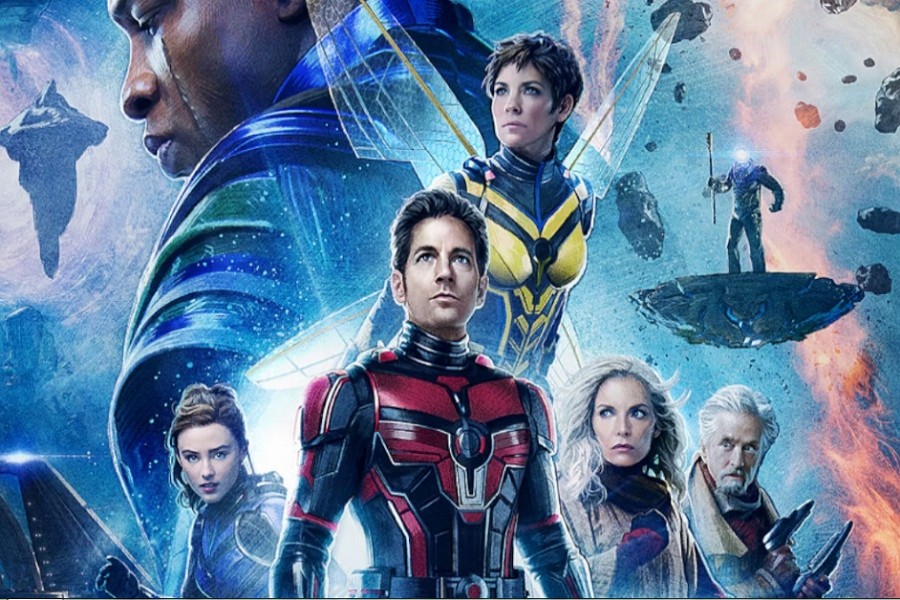After the season finale of Loki, MCU set the stage for Kang the Conqueror as the new supervillain against the heroes. With much anticipation, Kang was set to appear against Ant-Man and his family in the third Ant-Man film, Ant-Man and the Wasp: Quantumania.
But MCU disappointed the audience at the beginning of phase five with poorly explored characters, the same good vs evil battle, and the forced use of humour.
In this film, Scott Lang, aka Ant-Man, finally gets recognised as a superhero and part of the Avengers. He is living the best time of his life with his family until her now teenage daughter Cassie invents a device that can communicate with the quantum realm.
As seen in the trailer, Janet van Dyne frantically yells to turn the device as she has spent a long time in the quantum universe. But it's too late; the portal to the quantum realm opens, and the whole Lang family is transported there.
The group discovers that this realm is now ruled by Kang, who battled against the quantum inhabitants to create his own kingdom. But Kang doesn’t stop here; as a megalomaniac, he wants to conquer across universes. Scott and his family also want to return to their universe, so both parties need their help.
Janet warns the group not to strike any deal with Kang, but they are left with no option. So how does Lang obtain the device needed for Kang to travel across universes? How dangerous can Kang be? Can Scott get his family back to their universe safely? The film has the answers.
The quantum realm in the MCU looks like it took inspiration from sci-fi films like Journey to the Center of the Earth. The creators have designed the quantum creatures in a bizarre, psychedelic way and from a miniature perspective, and the result is fun to watch.
Moreover, Marvel Studios boss Kevin Feige is adamant about keeping art to a minimum to avoid clogging the content machine.
The introduction of Kang as the new big bad is necessary for the upcoming Avengers team-up. Jonathan Majors took his role as Kang seriously, but screenwriters poorly explored the character. He could be the ultimate Marvel supervillain with a twisted psychology, but instead, he was portrayed as one of those common villains who are present only to rule over the universe and beyond.
The poorly written character of Kang does not seem terrifying, and the film does not wipe the smile off the audience's face in the manner of other movies.
However, the explanation for why Janet, the wife of the original Ant-Man, Hank Pym, never mentioned Kang to anyone is not persuasive. Michelle Pfeiffer's character, at least, gets a lot of screen time and solves some problems in the storytelling.
Hope, aka the Wasp, is present and involved but does not leave much of an impression. Cassie is the primary focus in this film, leaving Hope somewhat overshadowed.
The most irritating thing about the film is the overuse of comedy. MCU still didn’t learn its lesson from Thor: Love and Thunder that putting humour everywhere don’t make everything better.
In Quantumania, there is comedy even in the most serious scenes, which makes it annoying.
The best thing about this film is that it set up the background for the second season of Loki and the upcoming Avengers: Kang Dynasty, so the MCU luckily got more chance to explore the villainous Kang wisely.


